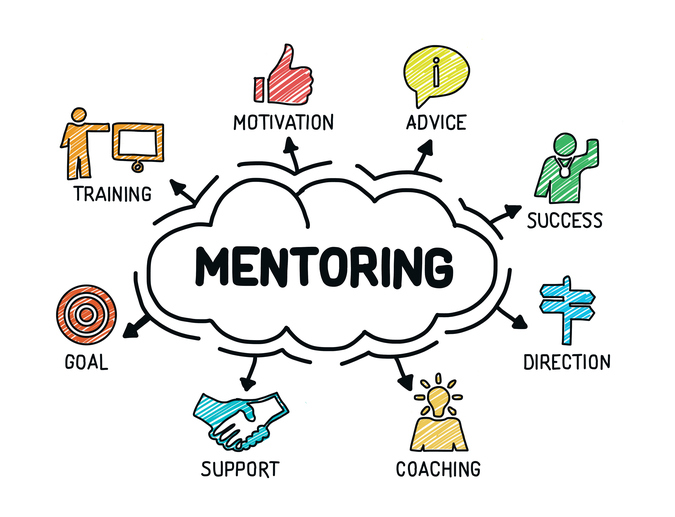Developing Leadership Skills:
.jpg)
Unlocking Your Leadership Potential
Leadership skills are essential for success in both professional and personal realms. Whether you aspire to become a team leader, manager, or influential figure in your community, developing practical leadership skills is crucial. In this article, we will explore strategies and approaches to help you unlock your leadership potential and foster growth in your leadership abilities.
1. Self-Awareness and Emotional Intelligence
Start by developing self-awareness and emotional intelligence. Understand your strengths, weaknesses, values, and emotions. Recognize how your actions and behavior impact others. This self-awareness will enable you to lead authentically, empathize with others, and build strong relationships based on trust and mutual respect.
2. Continuous Learning and Improvement

Commit to continuous learning and improvement in your leadership journey. Seek out resources, courses, workshops, and books on leadership topics. Stay updated with the latest research and trends in leadership theory and practice. Actively seek feedback from colleagues, mentors, and team members to identify areas for growth and development.
3. Effective Communication

Communication is a cornerstone of effective leadership. Develop strong communication skills, both verbal and written, to convey your vision, goals, and expectations clearly. Actively listen to others, encourage open dialogue, and provide constructive feedback. Effective communication fosters understanding, collaboration, and a positive work environment.
4. Building and Empowering Teams

Leadership involves building and empowering teams. Create a supportive and inclusive team culture where each member feels valued and motivated. Delegate tasks and responsibilities, allowing team members to grow and contribute their unique strengths. Encourage collaboration, celebrate achievements, and provide opportunities for professional development.
5. Decision-Making and Problem-Solving

Leaders are often faced with complex decisions and challenging problems. Develop your decision-making and problem-solving skills. Gather relevant information, analyze options, and consider the potential impact of your choices. Encourage creative thinking and involve team members in the decision-making process whenever possible.
6. Inspiring and Motivating Others

Great leaders inspire and motivate others to achieve their best. Lead by example and demonstrate integrity, authenticity, and a strong work ethic. Clearly articulate your vision and goals, and connect them to the larger purpose and mission. Recognize and reward the contributions of your team members, and provide support and encouragement to help them reach their full potential.
7. Adaptability and Resilience

Leadership requires adaptability and resilience in the face of challenges and change. Be open to new ideas, embrace change, and encourage a growth mindset within your team. Demonstrate strength in the face of setbacks and setbacks, inspiring others to persevere and find solutions. Stay agile and flexible in your approach, adjusting strategies as needed.
8. Building Relationships and Networking

Strong relationships and networking are essential for effective leadership. Build meaningful connections with colleagues, mentors, industry professionals, and stakeholders. Cultivate a diverse network that provides support, guidance, and new opportunities. Actively engage in networking events, conferences, and community activities to broaden your influence and impact.
9. Mentorship and Continuous Development

Seek mentorship from experienced leaders and be a mentor to others. Engage in mentorship programs or informal mentorship relationships. Learn from the experiences and wisdom of others, while also sharing your knowledge and insights with those who look up to you. Continuously develop your leadership skills and stay committed to lifelong learning.
10. Lead with Purpose and Integrity

Finally, lead with purpose and integrity. Clarify your values, define your leadership style, and align your actions with your principles. Inspire trust and build a reputation for ethical leadership. Act with fairness, transparency, and accountability in all your interactions. Leading with purpose and integrity will earn the respect and loyalty of your team members.
In conclusion, developing leadership skills is an ongoing journey of self-discovery, learning, and growth. By focusing on self-awareness, effective communication, team-building, adaptability, and integrity, you can unlock your leadership potential and positively impact those around you.



0 Comments